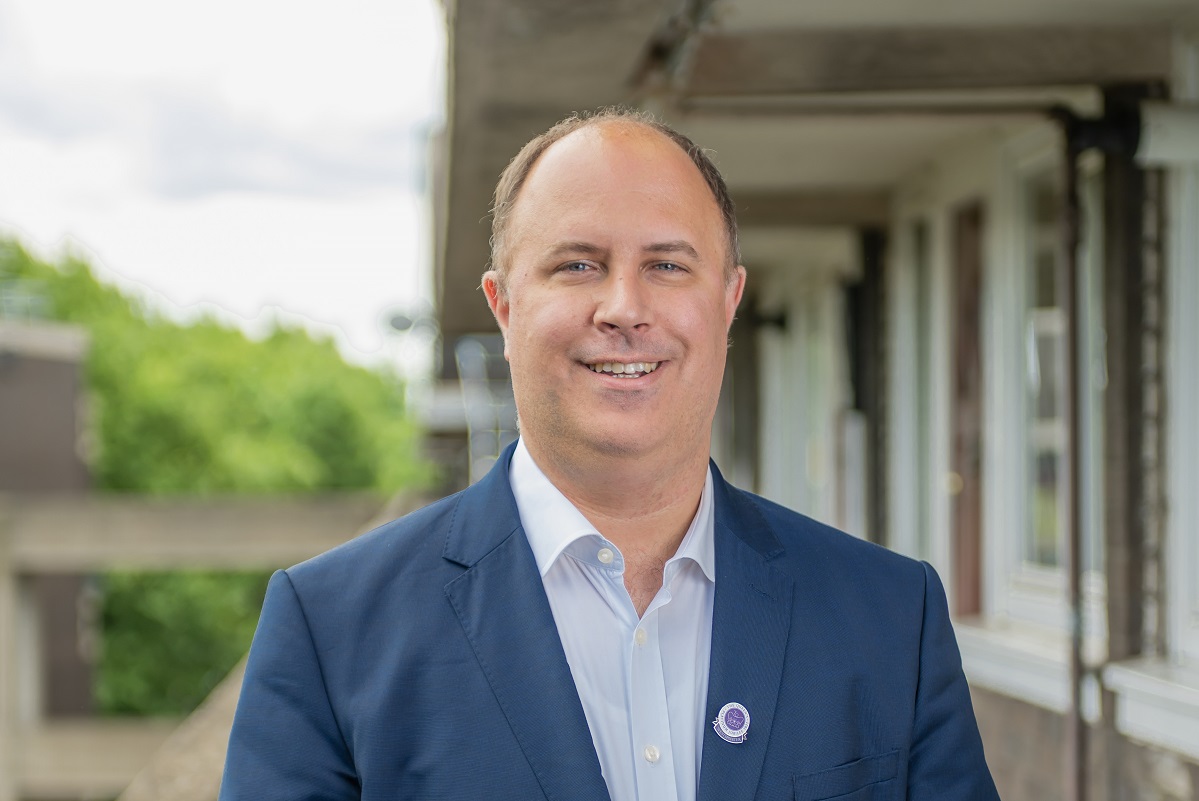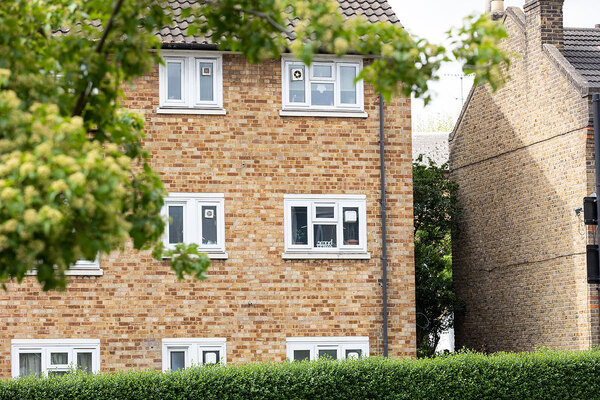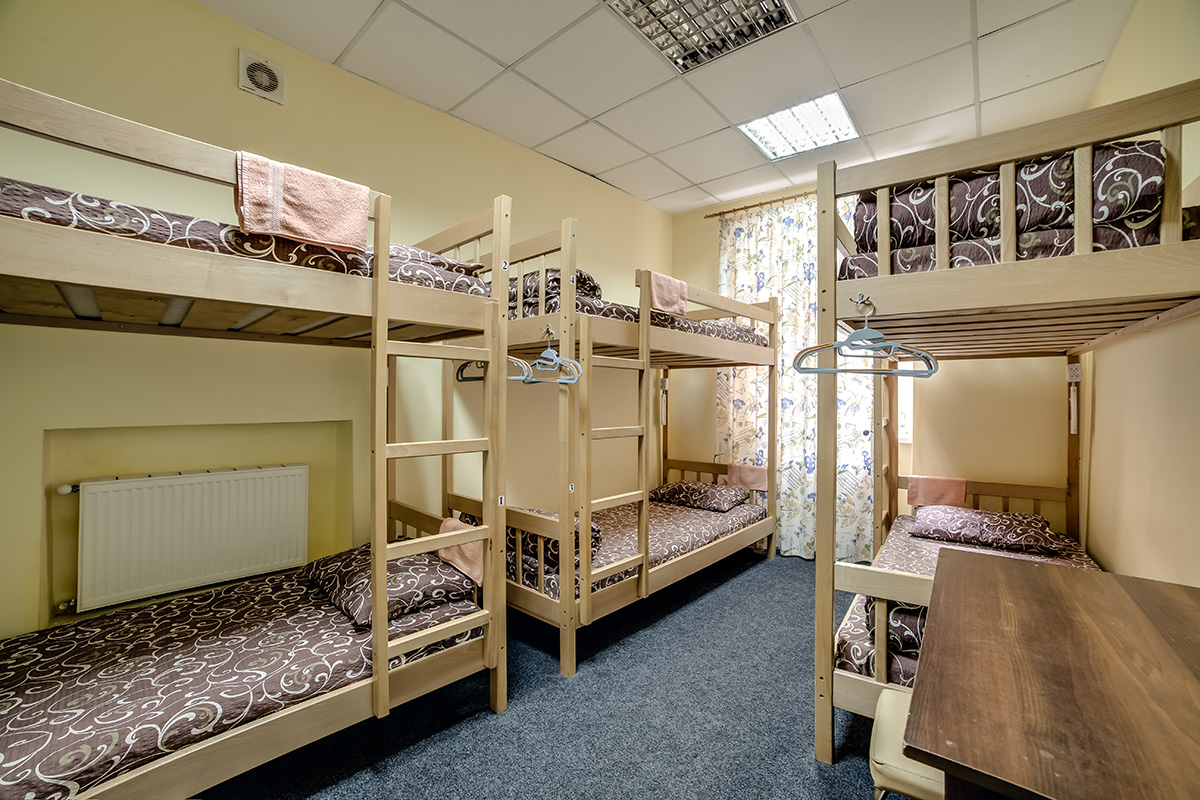You are viewing 1 of your 1 free articles
New Westminster Council leader interview: borough plans investment in temporary housing and more homes for social rent
Last year, Westminster City Council switched to Labour control for the first time in its 60-year history. Peter Apps asks the new leader about his housing plans
“For years in opposition, we were calling on the council to invest in temporary accommodation stock. We have a real problem with families being sent to the outer reaches of London instead of being able to remain in Westminster.”
So says Adam Hug, Labour leader of Westminster Council, shortly after the authority announces funding to buy 270 homes for use as temporary housing.
Temporary housing is a major challenge for London boroughs. The most recent figures showed that 55,160 households in the city are in temporary accommodation – 58% of the figure for the whole of England.
In Westminster, high house prices and a lack of available accommodation make this particularly challenging and in the past resulted in Westminster seeking accommodation in other London boroughs. This in turn limits the availability in those boroughs.
Westminster, at the last count, had 2,654 households in temporary accommodation, which is at the higher end even for a London borough. This figure also dwarfs entire English regions, such as Yorkshire and the Humber, the North East and East Midlands.
Mr Hug’s plan to help alleviate some of this pressure is to allocate money from the council’s general fund to purchase homes on the open market, which would then reduce the borough’s reliance on hotel accommodation, short-term lets or bedsits, which are uncomfortable for families and expensive for the borough.
The most recent budget allocated a total of £170m to the programme through to 2026-27. Based on an average property value of £550,000, the council expects to acquire 270 homes, in addition to the 56 already purchased this financial year.
“There are very few properties available in the borough, so we are using general fund capital to buy stock. The money will be spent over four years, but we have asked officers to expedite the spending,” Mr Hug tells Inside Housing.
“We’re particularly looking at buying back former Right to Buy homes, which just makes sense. We have a presence on these estates already.”
The policy follows the switch in political control in the borough from Conservative to Labour at the local election last May. Previously a flagship Conservative borough, it had been blue consistently since its creation in 1964.
At points, along with west London neighbours, it was considered a petri dish for central government Conservative housing policy.
So, temporary housing acquisitions aside, what changes can we expect as the borough shifts its politics?
A ‘Truly Affordable Housing Strategy’, which went before the council’s cabinet in October, laid some of the ground. This shifted the borough’s own development strategy more towards social housing.
It said 70% of any developments led by the council should be social rent – at a cost of around £43m, based on the loss of income from higher cost housing that had been initially planned.

“The recommendations of this report will see the initial delivery of at least 143 new social rented homes in Westminster, outline the way that major regeneration schemes can deliver a further 100 or more social homes, and authorise acquisitions so that more people on the waiting list can be housed in the city,” it said.
More than 100 consented market sale homes in the development pipeline were converted to social rent under the plan and the target balance for its schemes between social and ‘intermediate’ rents was shifted from 60:40 in favour of intermediate tenures to 70:30 in favour of social rent.
As there was a particular need for family-sized social rented housing, it added that all affordable homes of two or more bedrooms now be reclassified as social rent and those with one bedroom would be set at intermediate rent at no more than London living rent.
This focus on increasing social rented tenures includes regeneration schemes in the borough, which have been subject to some local opposition, such as the Ebury Bridge scheme in Pimlico.
This is now going through a resident ballot. Ballots are required as a condition of Greater London Authority funding, but previously Westminster had not held one at Ebury because it was funding the regeneration out of its own funds.
The new leadership has now applied for grant for the scheme and will hold a ballot, which will close this week, with an announcement of the result on 21 Feb.
As a result of the changes, the borough will add an additional 130 new social rented homes on the scheme (taking it to 170), in addition to replacing the 198 being demolished. There will be 780 new homes of the estate, with half some variety of affordable tenure.
Not long ago, in opposition, Mr Hug stood alongside residents on a protest at the site. Was he tempted to cancel it outright now in power?
“Ebury is half underway, it’s a scheme that’s substantially underway already, so we are addressing it as much as we can with that in mind. We’re going to be using the scheme to build more social housing,” he says.
Elsewhere, the borough is amending its policies to seek more social housing from developers going through the planning system and has assigned Steve Hilditch, a long-standing housing professional, to review the private rented sector (PRS).
“We’re looking to make some announcements on what we would like to do with the PRS in the coming months – it’s a big issue for us. We’re also looking to get into the issue of homes being left empty in Westminster, which happens far too much,” explains Mr Hug.
Sign up for our Council Focus newsletter
Already have an account? Click here to manage your newsletters












